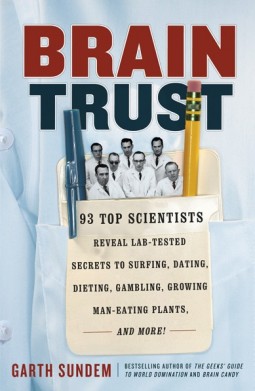 Brain Trust (starts at 4:23) When you are trying to make a decision about something important or having a disagreement with someone, don’t you sometimes wish you had a scientist with you – a world expert on the topic at hand – to help you out? In fact, it would be great to have dozens of experts in many fields available, sort of your own personal Brain Trust. Well, luckily Garth Sundem can help you out with his book called: “Brain Trust,” where he has interviewed 93 of the top scientists in fields like physics, genetics, cognitive science, economics, nutrition, mathematics, and talked to them about very important topics in their fields. And not the easy topics like Higgs Bosons, Fermat’s Last Theorem, and inflationary cosmology, but rather the much more difficult – and immediately useful – topics like: the best design for a paper airplane, how to survive Armageddon, how to create giant man-eating plants, successful dating techniques (and we don’t mean carbon dating), and how to tell when someone is lying. Host Joel Parker talks with Garth about his book.
Brain Trust (starts at 4:23) When you are trying to make a decision about something important or having a disagreement with someone, don’t you sometimes wish you had a scientist with you – a world expert on the topic at hand – to help you out? In fact, it would be great to have dozens of experts in many fields available, sort of your own personal Brain Trust. Well, luckily Garth Sundem can help you out with his book called: “Brain Trust,” where he has interviewed 93 of the top scientists in fields like physics, genetics, cognitive science, economics, nutrition, mathematics, and talked to them about very important topics in their fields. And not the easy topics like Higgs Bosons, Fermat’s Last Theorem, and inflationary cosmology, but rather the much more difficult – and immediately useful – topics like: the best design for a paper airplane, how to survive Armageddon, how to create giant man-eating plants, successful dating techniques (and we don’t mean carbon dating), and how to tell when someone is lying. Host Joel Parker talks with Garth about his book.
 Drought (starts at 15:10) Given all the rain and snow on the Front Range and beyond lately, you’d think that Colorado is emerging from the persistent drought, right? But last year was one of the hottest and driest on record in the state and some regions have yet to recover. Among those who have suffered the most from the persistent drought are farmers and ranchers. In fact, some have sold off cattle and even shuttered their businesses. That said, high prices have boosted profits for some wheat farmers, for instance. To find out just how badly many farmers and ranchers have been hit by the drought, researchers at Colorado State University have been surveying them annually for a while. Host Susan Moran talks with Christopher Goemans, a resource economist in the Department of Agricultural and Resource Economics at Colorado State University, and Ron Nelson, a graduate student also at CSU, about a recent survey of drought conditions and the broader environment.
Drought (starts at 15:10) Given all the rain and snow on the Front Range and beyond lately, you’d think that Colorado is emerging from the persistent drought, right? But last year was one of the hottest and driest on record in the state and some regions have yet to recover. Among those who have suffered the most from the persistent drought are farmers and ranchers. In fact, some have sold off cattle and even shuttered their businesses. That said, high prices have boosted profits for some wheat farmers, for instance. To find out just how badly many farmers and ranchers have been hit by the drought, researchers at Colorado State University have been surveying them annually for a while. Host Susan Moran talks with Christopher Goemans, a resource economist in the Department of Agricultural and Resource Economics at Colorado State University, and Ron Nelson, a graduate student also at CSU, about a recent survey of drought conditions and the broader environment.
Hosts: Joel Parker, Susan Moran
Producer: Joel Parker
Engineer: Joel Parker
Executive Producer: Joel Parker
Listen to the show:
Podcast: Play in new window | Download (Duration: 22:52 — 20.9MB)
Subscribe: RSS




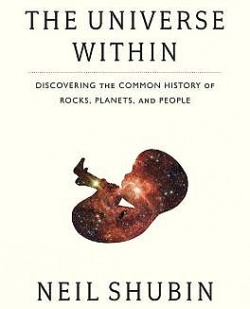
 The Universe Within (starts at 4:40) Within each and every one of us is the history of life on this planet, the planet itself and the entire universe. This is the theme of a new book “The Universe Within.” The author, Neil Shubin, is a professor of Paleontology and Evolutionary Biology at the University of Chicago. Starting with what physically constitutes a human being and what makes a human life possible, Shubin surveys many domains of science to find out what we can learn about what’s out there from what’s inside of us. It’s a fantastically broad scope, bringing together the common history of Rocks, Planets and People. As professor Shubin explains to How On Earth’s Chip Grandits, it is the very concept of this common history that binds all of these topics, which are normally found scattered throughout disparate domains of science and academia.
The Universe Within (starts at 4:40) Within each and every one of us is the history of life on this planet, the planet itself and the entire universe. This is the theme of a new book “The Universe Within.” The author, Neil Shubin, is a professor of Paleontology and Evolutionary Biology at the University of Chicago. Starting with what physically constitutes a human being and what makes a human life possible, Shubin surveys many domains of science to find out what we can learn about what’s out there from what’s inside of us. It’s a fantastically broad scope, bringing together the common history of Rocks, Planets and People. As professor Shubin explains to How On Earth’s Chip Grandits, it is the very concept of this common history that binds all of these topics, which are normally found scattered throughout disparate domains of science and academia.
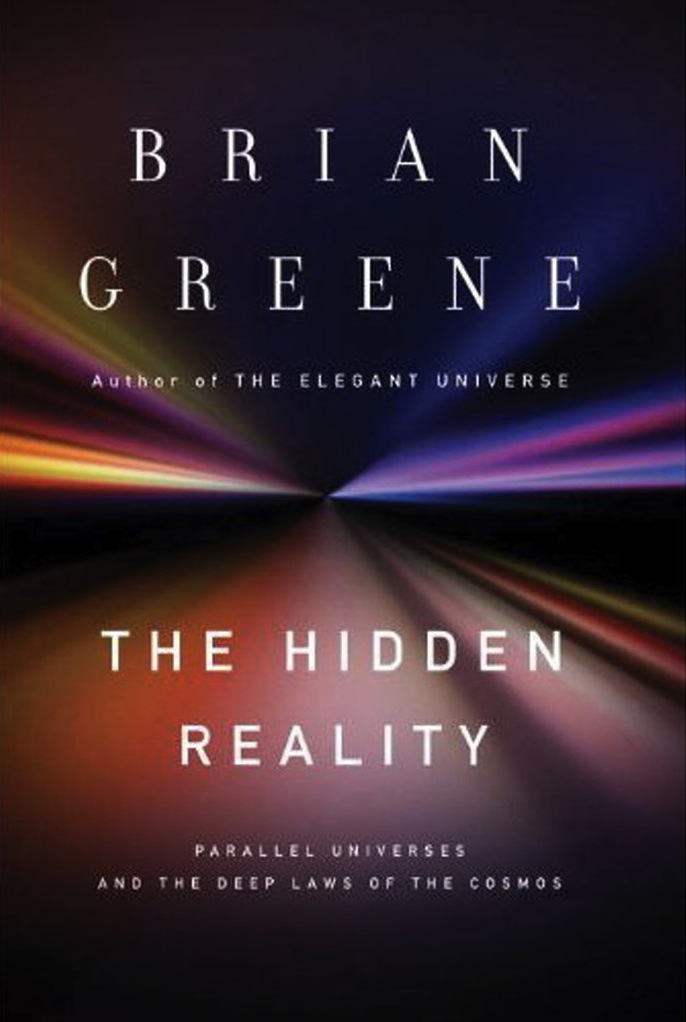
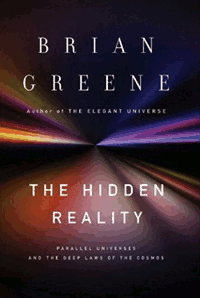 The concept of a parallel universe, a universe remarkably like our own but with some subtle difference, has been the staple of science fiction stories for years. But it is an idea that is seriously discussed in real science starting many decades ago when physicists wrestled with the weird implications of Quantum Mechanics, and recently has appeared in many other guises in other areas of physics. One of the leading scientists in studying these ideas and explaining the mind-bending concepts to non-experts is Professor
The concept of a parallel universe, a universe remarkably like our own but with some subtle difference, has been the staple of science fiction stories for years. But it is an idea that is seriously discussed in real science starting many decades ago when physicists wrestled with the weird implications of Quantum Mechanics, and recently has appeared in many other guises in other areas of physics. One of the leading scientists in studying these ideas and explaining the mind-bending concepts to non-experts is Professor 
 Russian Meteor (starts at 4:28) Just a few days ago on February 15th, a large meteor broke up in the skies over Russia, creating an air blast and sonic boom, which caused damage to buildings that injured over 1,000 people. We talk with
Russian Meteor (starts at 4:28) Just a few days ago on February 15th, a large meteor broke up in the skies over Russia, creating an air blast and sonic boom, which caused damage to buildings that injured over 1,000 people. We talk with 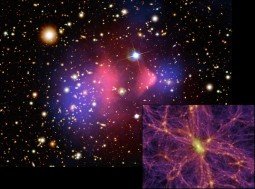 Dark Matter (starts at 12:45) Maybe you’ve heard about it. Maybe you even know that it is everywhere throughout the universe. But for such a ubiquitous material, what do you really know about Dark Matter? If the answer is “Not much,” don’t worry, you are in good company; many scientists would say the same thing. But, you’re in luck because we have
Dark Matter (starts at 12:45) Maybe you’ve heard about it. Maybe you even know that it is everywhere throughout the universe. But for such a ubiquitous material, what do you really know about Dark Matter? If the answer is “Not much,” don’t worry, you are in good company; many scientists would say the same thing. But, you’re in luck because we have 
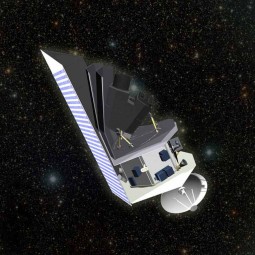



 Bees and Pesticides (start at 6:40). Two studies published last week in the journal Science (
Bees and Pesticides (start at 6:40). Two studies published last week in the journal Science (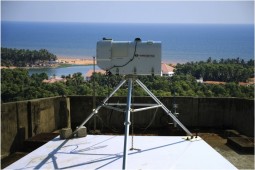 Radiometers and Weather (start at 12:50). Predicting the weather is a tough job, and climate change is bringing unseasonal conditions that make it even more difficult to predict. But a monitoring device produced here in Boulder may be able to improve local weather forecasts significnatly. These radiometers work by creating 3-D profiles of the moisture in the air, which is a key element for meteorologists and climate modelers alike. They are now being put to various weather-related uses all over the planet. Stick Ware is the founder and lead scientist of the Boulder-based company,
Radiometers and Weather (start at 12:50). Predicting the weather is a tough job, and climate change is bringing unseasonal conditions that make it even more difficult to predict. But a monitoring device produced here in Boulder may be able to improve local weather forecasts significnatly. These radiometers work by creating 3-D profiles of the moisture in the air, which is a key element for meteorologists and climate modelers alike. They are now being put to various weather-related uses all over the planet. Stick Ware is the founder and lead scientist of the Boulder-based company, ![The Science of Habit Formation [extended version]](https://howonearthradio.org/wp-content/uploads/2012/03/The-Power-of-Habit-cover.png)

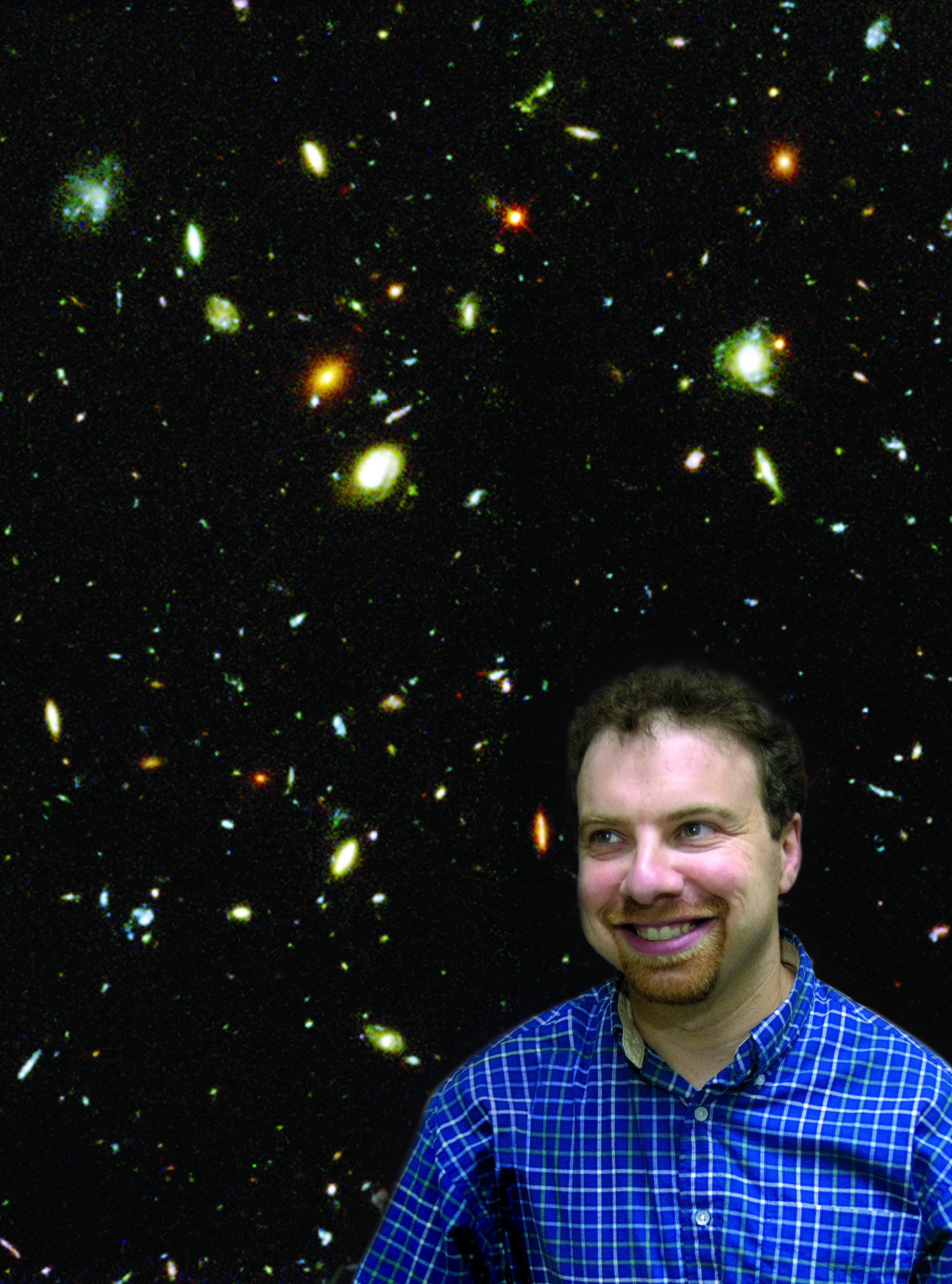
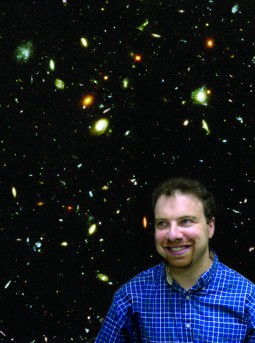 The Accelerating Expansion of The Universe (start at 5:11). Have you ever had the feeling that things are moving faster and faster these days? Well, maybe it’s not your imagination. Proof that the universe is not just expanding but is accelerating garnered a
The Accelerating Expansion of The Universe (start at 5:11). Have you ever had the feeling that things are moving faster and faster these days? Well, maybe it’s not your imagination. Proof that the universe is not just expanding but is accelerating garnered a 